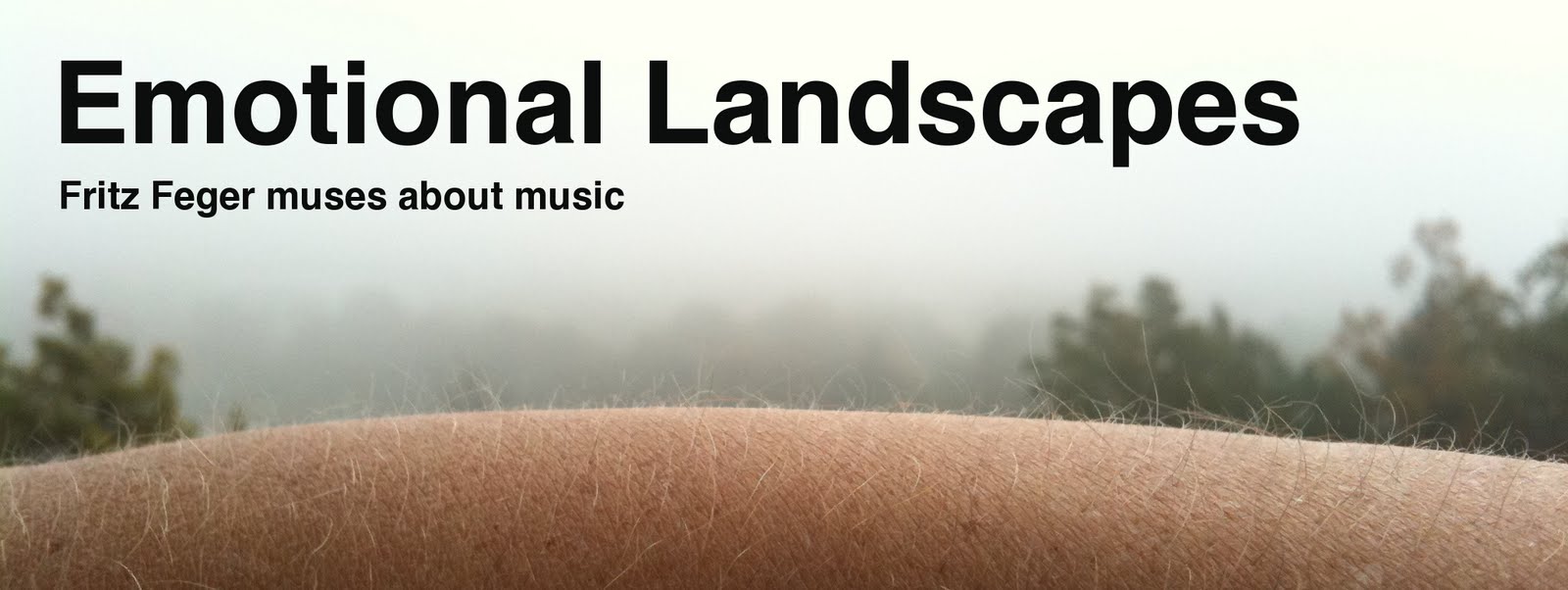On the occasion of the reading of this newspaper article (Tagesspiegel - Die Ideen der anderen- in German, sorry) I finally awoke to that, concerning the question of copyright violating pirate copies of music in the internet I am on the side of the pirate party. This applies to peer-to-peer networks as well as the illegal up- and download of copyright protected material on YouTube, MySpace, last.fm, iLike and so on. As a musician, I am of course torn, because I am making money out of my work’s copyright. The GEMA beautifully collects royalties for my stage music, and if I were more active in the music business this could be similiar for radio plays, CD sales and concerts with original compositions.
1) Neither, so it seems, it is possible to cut off illegal use of music, nor an understanding that it is unlawful or even morally objectable can be generated, at least on the factual level. I only have to start with myself: of course I listen to whatever I find interesting, of course I watch videos on YouTube which impossibly are legal, of course I trade and copy without limits and concerns.
2) I am reluctant to regard the use of any available music without acquirement of a license as morally objectable. The only thing that bothers me is that copying music is illegal, i.e. that I infringe upon applicable law. Apart from that my intuition is that music, at least good music, should be listened to by as many people as possible, especially by low income people of all nations. Music belongs to everybody, just as knowledge belongs to everybody. I shall belabour this analogy for the rest of this posting.
3) As it is also argued in the article: the artists are by no means the main profiteers of copyright but the media industry. Even if many an artist has made a fortune by royalties, this is a minor point all in all - at least for the vast majority of artists who not (yet) dominate the charts or the like. My pity on the media industry is limited, in particular as the big players are responsible for how mainstream everything got. In the area of knowledge (the analogy!), the scientific journals are even the only ones who make money: the scientific author does not get any money for his text.
4) If the scientist does not make money from his copyright: how, after all, does he make a living, and what does this mean for musicians? The scientist, if he succeeded, has a position at a university or research instituion. Good and sufficiently many publications are a prerequisite for a successful application, so that his economic existence is very well due to the quality and quantity of his published texts. In most cases his salary is paid by the public authorities, which is justified by that his work as a scientist (and academic teacher, ok) benefits commonality. Expressed economically, the state’s funding corrects a market failure, namely that the free market does not produce enough knowledge, from the society level.
Now if the society needs more or better music, what I take for granted, and if the society does not accept that music (leave aside the happy winners of a place in the sun of a shrinking music industry) is produced in the leisure time by music school teachers, taxi drivers or freeloaders relying on their life partners or parents, there is the need to think about structures transferring money from the tax payer to musicians as effectively and as target-oriented as possible. Musicians would thus be put into the position to focus on their work without being forced to the choice of day job or precarity. Thus reimbursement of copyright would be substituted by a „culture flat rate“ with income tax progression (that is, justice) on the revenue side.
How could, on the distribution side, quality and quantity of the musical output could be guaranteed, how good is the university analogy? Grants? Who is in charge of the decision, who sits in the jury? Is this an idea: http://fr.wikipedia.org/wiki/Intermittent_du_spectacle?



